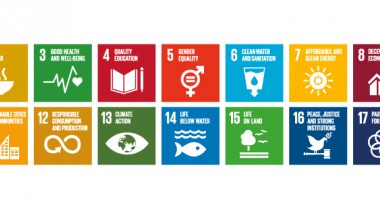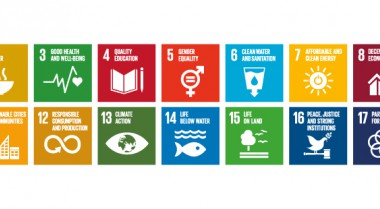Influencing and providing input for national SDG plans and policies
CSOs enrich perspectives by providing views from local people and local communities they work with and facilitate the contextualisation of the goals. They help ensure the translation of the goals into local and national policies and plans and assist in ensuring their proper implementation. They do so by providing specific expertise and keeping people and governments accountable.
Two of the main national implementation plans for the SDGs are:
-
the National Development Plans (NDPs) or strategies that governments develop to guide their efforts. The processes of how the SDGs are linked to the NDPs, which ministry takes the lead on linking the SDGs to the NDPs and what kind of coordination mechanisms exist and how open they are to civil society varies greatly per country.
-
the United Nations Sustainable Development Framework that guides the UN and government cooperation in support of the 2030 Agenda at country levels. The UN states that “the Cooperation Framework must embody the spirit of partnerships” but the framework does not provide concrete steps on how this would look like.
Civil society can work with the national government and the UN on their country analysis as well as developing the results focused plan/programming through their specific expertise and background. CSO direct engagement in policy making processes can strongly influence national developmental plans. CSOs can for example influence regional and national developmental plans by participating in law reform processes, where they can advise policy-makers about the relevance of SDGs and their implementation.
For this, you have to engage with relevant ministries, UN agencies and local governmental bodies to find out more about your country’s specific set up, the policy and decision making cycles related to the SDGs and which entities already exist. Check the Member States section of the UNDP website to see whether your government has appointed a focal point on the SDGs.

